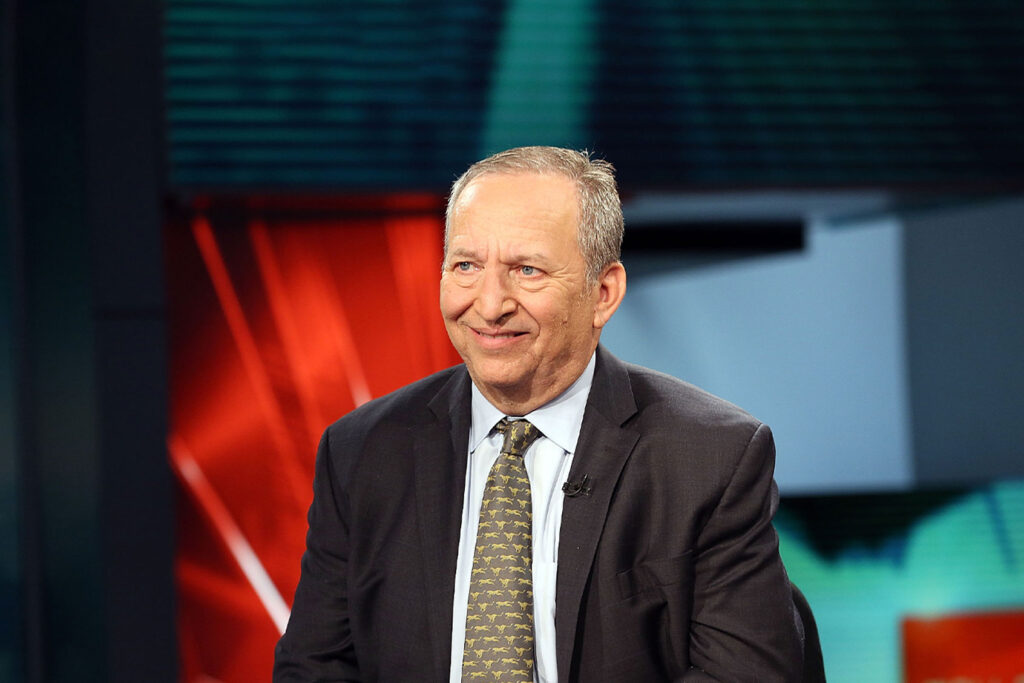
Former U.S. Treasury Secretary and Harvard University President Larry Summers has resigned from his position on the board of OpenAI following the release of emails linked to the late financier Jeffrey Epstein. His resignation, announced on March 6, 2024, comes just days after thousands of documents, including correspondence between Summers and Epstein, became public through the House Oversight Committee.
Summers, who joined OpenAI’s board in late 2023, cited a desire to step back from public-facing roles as the reason for his departure. In a statement, he expressed gratitude for his time at the organization and indicated excitement about its future: “I am grateful for the opportunity to have served, excited about the potential of the company, and look forward to following their progress,” he said.
Email Revelations Prompt Harvard Review
The release of Epstein’s emails has triggered significant scrutiny. The documents revealed ongoing communication between Summers and Epstein as late as 2019, years after Epstein pleaded guilty to charges related to child prostitution. The correspondence included personal discussions, such as Summers seeking advice on romantic matters.
In response to the revelations, Harvard University has launched a review of Summers’ interactions with Epstein and other affiliates mentioned in the emails. A university spokesperson confirmed, “The University is conducting a review of information concerning individuals at Harvard included in the newly released Jeffrey Epstein documents to evaluate what actions may be warranted.”
Summers publicly acknowledged the situation, stating that he was “deeply ashamed” for maintaining contact with Epstein and taking full responsibility for his actions. His resignation from OpenAI marks a significant shift in his career, as he had been a prominent figure in liberal politics.
Impact on Political Affiliations
Before the email disclosures, Summers was involved with the Center for American Progress (CAP), where he played a key role in developing an economic agenda for the Democratic Party. Following the release of the emails, CAP announced that he would no longer serve as a fellow there. Reports from The New York Times, Bloomberg, and other organizations confirmed that his affiliations with several institutions, including the Center for Global Development and the Budget Lab at Yale University, would also end.
As the fallout from the Epstein emails continues to unfold, the implications for Summers and his reputation remain significant. His resignation from OpenAI not only reflects personal accountability but also highlights the broader impact of Epstein’s legacy on influential figures in politics and academia.
The ongoing review by Harvard and the termination of Summers’ other affiliations underscore the seriousness of the concerns raised by the recently released documents. As institutions grapple with their connections to Epstein, the situation serves as a reminder of the lasting effects of past associations.






